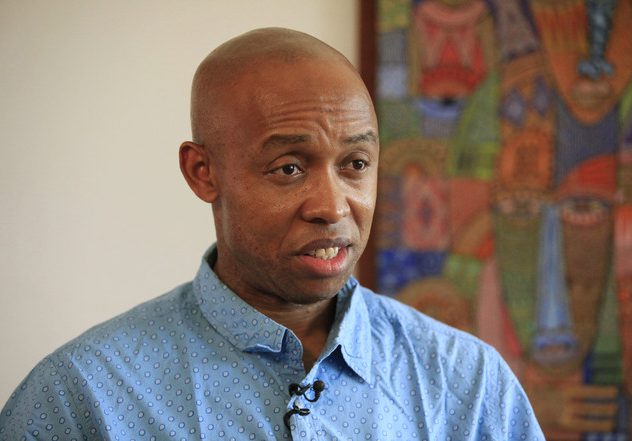The Managing Director of NielsenIQ East & West Africa, Faith Wanderi, has emphasised that manufacturers and retailers need to keep innovating their products and offer more cost-effective options that can still satisfy the needs of consumers, who are already stretched over little or no extra income.
Wanderi said this at the 2024 Nigeria NielsenIQ Breakfast Conference on Growing Around, ‘The Big Squeeze’, held recently in Lagos.
Wanderi said, “They need to understand consumer behaviour and the recent shifts that have occurred. Our research shows that seven out of 10 consumers have switched brands in the past year, indicating that price, rather than branding, is now the primary driver of consumer behaviour. However, some categories still have low switching rates.”
She emphasised that businesses should understand the categories they operate in and how consumers are behaving.
The insight, she said, would enable them to make informed decisions on pricing strategies or restructure distribution channels to better target consumers.
“From the outlook for the consumer market for the remaining months of the year, consumers will continue switching brands, and consumers are not loyal to any brand at the moment. We must think creatively rather than rely on past experiences, as shifting economic conditions pressure all sectors to sustain their businesses.
“This pressure is vital to restoring the true purpose of data and analytics. Management must turn predictive insights into proactive actions,” she added.
In his keynote speech, the Chairman of Proshare, Olufemi Awoyemi, maintained, “The fast-moving consumer goods, retailers, Telcos, Fintechs and banking sector are the ones that have the dual role of being responsible for predicting and shaping consumer behaviour, yet have the burden of bearing the shifts in consumer expectations and trends that occur during a big squeeze, a difficult economic time, where the rate of decline in consumer disposable incomes increases faster than the rate of decline in consumer desires.
“In these times, bespoke data providers shift from transactional to transformational roles. Consumer changes drive new practices and metrics, linking national trends to consumer realities, impact management, marketing, sales, values, and corporate goals.”
According to the Proshare boss, data providers must dare to imagine rather than act from memory, as the shifting global and local economic realities place all sectors under immense pressure to ensure business sustainability.
He asserted that changing economic cycles, trends, and consumer tastes had birthed a new business ecosystem that reflected the world’s current state and future direction.
He added that businesses were facing more than just traditional threats like new competitors, substitute products, and market shifts.
According to Awoyemi, industries are being upended in short spans due to a disruptive influence accelerated by the failure to anticipate and respond to actions driven by the ‘laggard nation effect’.
“Every 5-10 years, the cycle of business transformation occurs when changes force industries to be uncompetitive. The current technological change has one such effect on making consumer tastes and the price to pay for goods and services alter outcomes,” he mentioned.

 3 months ago
16
3 months ago
16














 English (US) ·
English (US) ·